Rowan Williams, the former Archbishop of Canterbury, has expressed dissatisfaction with the lyrical depth of popular hymns commonly chosen for weddings and funerals, comparing them to “baby food.”
Speaking with The Times, he critiqued these selections as “bland,” suggesting that their popularity stems from being memorable remnants of primary school days.
Lord Williams voiced concern over the diminishing theological richness in hymn choices, noting a decline in hymn presence within educational and societal settings.
His remarks responded to criticisms from Lord Lisvane, the chairperson of the Royal College of Organists, who labeled the hymn “All Things Bright and Beautiful” as “saccharine doggerel” and “deeply depressing.”
“All Things Bright and Beautiful,” composed in 1848, tops the Church of England’s recommended hymns for wedding ceremonies and remains prevalent on many lists for special occasions.
Williams described this hymn as particularly “bland” and potentially “aggressive” in its full form.
He highlighted a general lack of hymn knowledge in today’s secular society, where many default to the simple hymns they learned in childhood.
This trend, according to Williams, results in hymns that cater primarily to a youthful, school-level audience.
Lord Williams emphasized that hymns should “nourish the spirit,” enriching listeners through narratives, metaphors, and imagery.
He praised hymns like “Love Divine, All Loves Excelling” and “Come, O Thou Traveller Unknown” by Charles Wesley for their profound spiritual and theological depth.
To address this, Williams has called for an increase in hymn singing within schools and urged religious education teachers to deepen their engagement with musical expressions of faith.




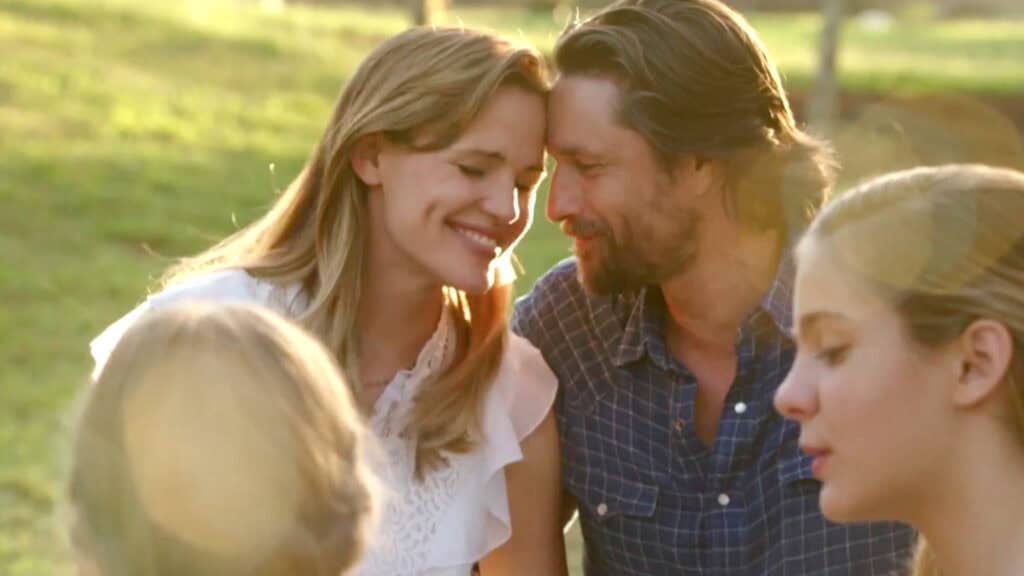


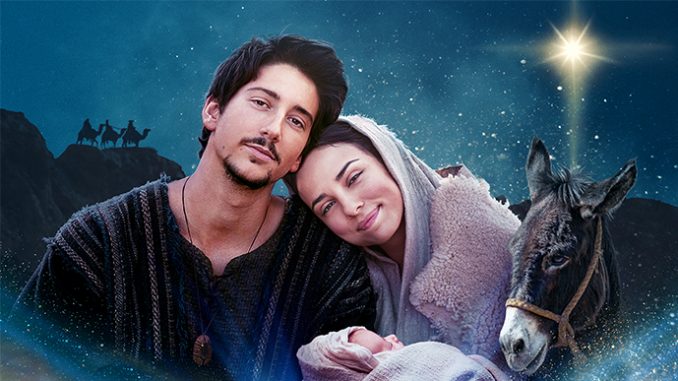
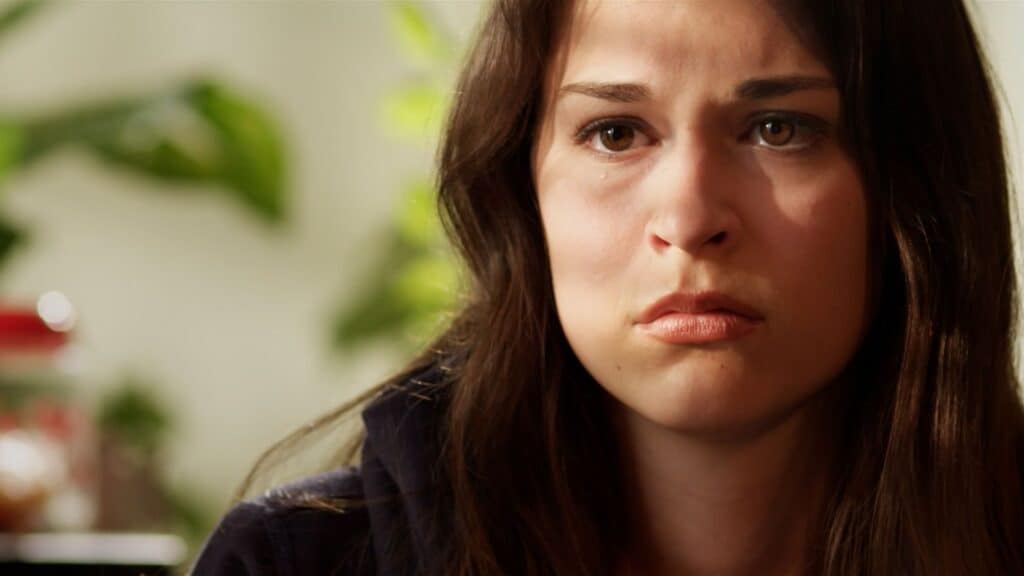


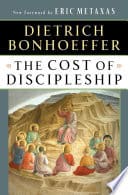
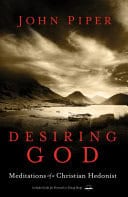




Leave a Comment